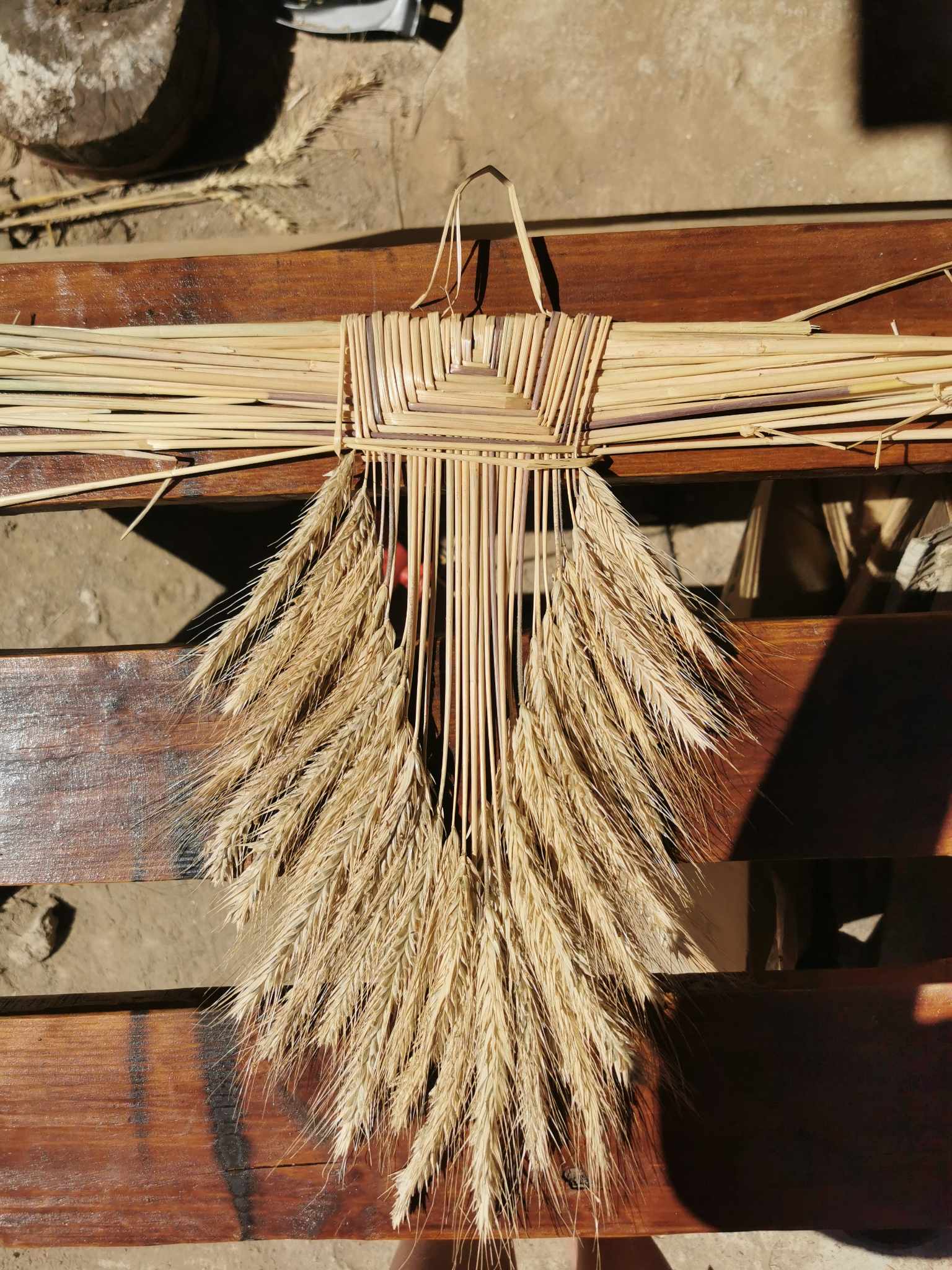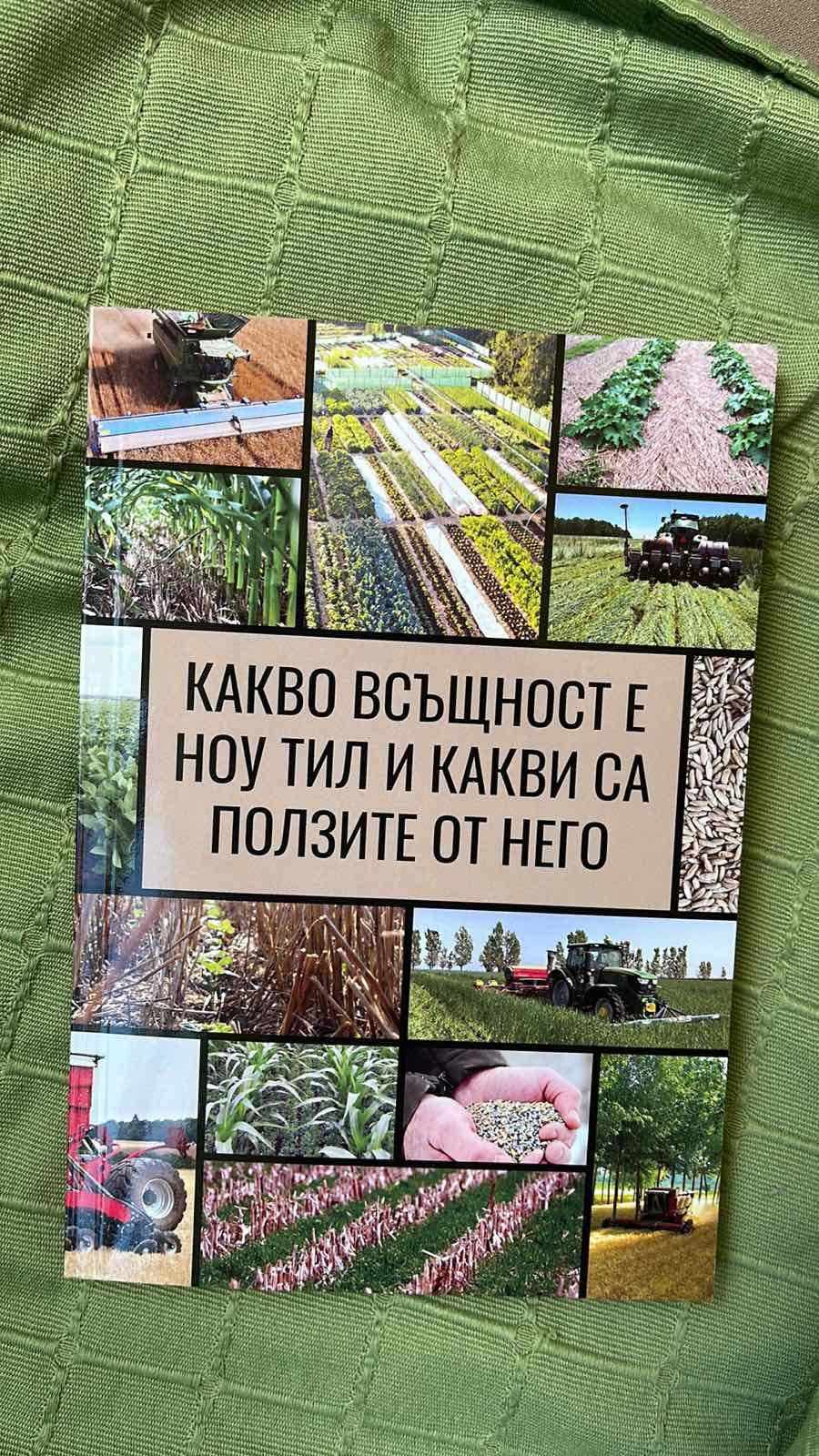Hello dear ones, it’s me, Marija
This week I was part of the organization for a “tadelakt” workshop. A dear friend from Kyustendil area, made a furnace in her garden, with her own hands, but she was really wondering with what material to cover the top. She saw it in one bathroom, and she really liked it, how it looked and that it is waterproof, so we all decided to experiment, not knowing whether this is a good plaster for outdoors, let alone whether it will be ok on the high temperatures from the furnace. Later we decided to investigate a little bit to find out that this will not be the first furnace with tadelakt plaster in the world. Now a little bit about the plaster itself: It is an ancient Moroccan method that is made from lime plaster, which is rammed, polished, and treated with soap to make it waterproof and water-repellent. Tadelakt is labor-intensive to install, but it is durable. So the week started with a meeting for the organization for the event.
I also had the chance to help one older woman who is a shepherd. Her name is Emilia. She bought a new ram, and she needed help with the shearing. It was my first time, participating in this kind of event. I thought it would be done with a electrical clipper, fast and easy. But when we went there, she took out some special scissors. She explained that she uses scissors because it’s impossible to do it with the machine, especially because the wool was in a bad condition when she bought the ram. So, slowly, she was cutting it piece by piece. We were there to keep the animal calm, which was not an easy task. The ram was scared, of course. But after the haircut, it looked really fresh and happy. His name is Kalitko. The previous owners were not taking good care of it and the wool was very dirty. Emilia told us that she usually gathers and sells the wool from her sheep, but with this one it was impossible, so she will burn it. This year she couldn’t find to whom to sell the wool she gathered, and she had around 100 kg of wool, so I suggested that we post the case in few groups on Facebook related to this subject, in case someone wants to order. She agreed. We had an amazing time being there. It felt like I was back again at my grandparent’s house in the village for the summer vacation. With nostalgia, Emilia was sharing stories about the time when the village was much more populated. That everyone worked so hard, but at the end of the day they would get together under the moonlight and share a glass of rakia and a salad. She said that now it makes her sad that there are no more so many people and that nobody has time to spend together. She told us a lot of stories about her life. Something that was fascinating to me was that she mentioned that 20 years ago a Pomak family (Bulgarian Muslims) lived in the village and were animal keepers. One time, she said, they called one of the men to help them with shearing. He came to their property, “whispered” something to the sheep, the sheep got very calm, and he did the job for 20 minutes. It took us, Emilia, Ivo and me, 3 hours to do it. She comes from a family of shepard’s, and she said she never saw something like this. They (the Pomaks) were very good with animals and knew a lot of methods of communication with them that made everything easier for both sides involved, and it’s a pity that now this knowledge is being lost, she said. It was a very interesting experience.
The highlight for me this week was that I was taught how to weave ornaments from straw. I love creating beautiful things with my hands and the woman from the Israeli family, was very kind to teach me this ancient Palestinian craft. She actually said that this was a famous craft all over the world ages ago, but the people in Palestine kept it alive until today. Fortunately enough, in “Blagodat” we had few different sorts of straw that were ready to be used. First, we put them in water overnight to make them softer. In the morning, we cleaned them and started weaving. After they were finished, we put it again in water for a few hours and then in the sun to dry. I made an ornament for the house for protection of the feminine energy, that she showed me how to do it, and later she made a little basket.

Those of you who are interested in tadelakt I promise you more details and hands on experience notes. Until next week, dear friends! Bellow is a text I translated for Andrii about his interview.
Andrii:




